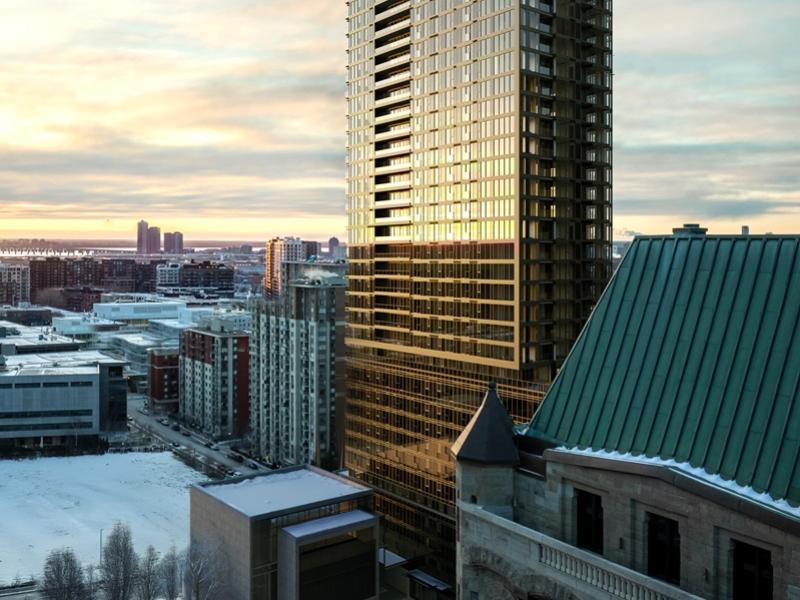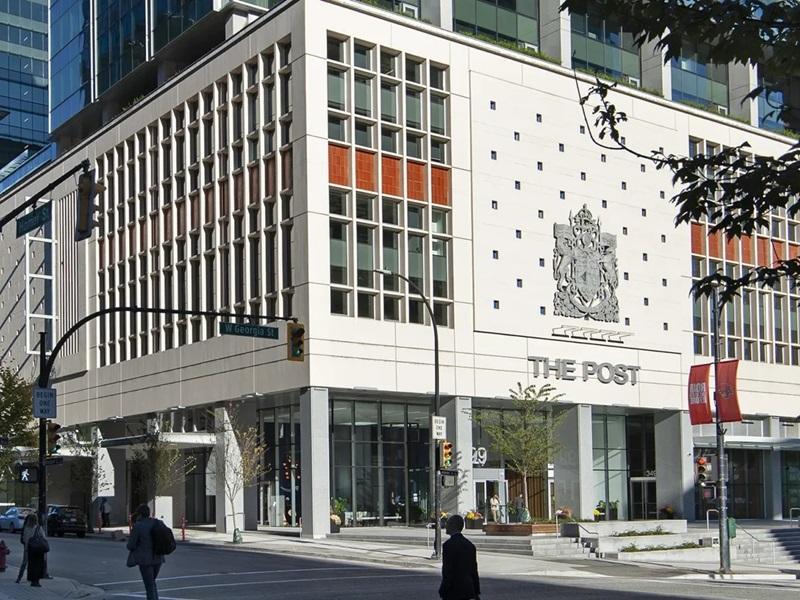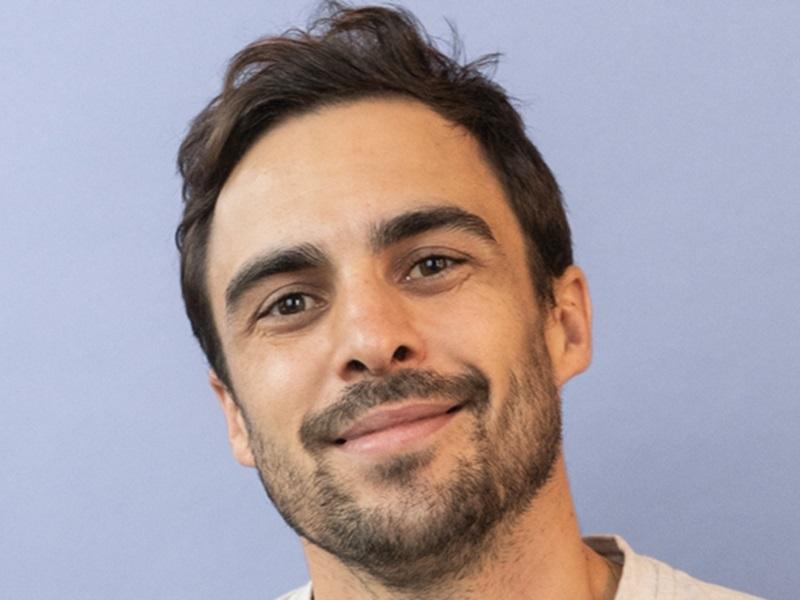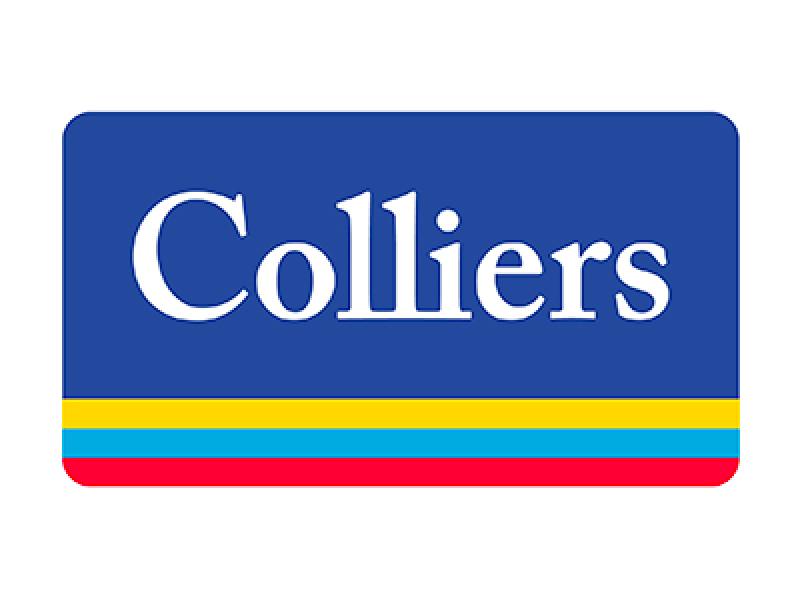 Brent Sawchyn is a principal with PC Urban, a leader in Vancouver’s commercial and residential real estate scene. The firm has a visionary approach to re-imagining old industrial buildings and converting them into new developments that provide higher density and more jobs.
Brent Sawchyn is a principal with PC Urban, a leader in Vancouver’s commercial and residential real estate scene. The firm has a visionary approach to re-imagining old industrial buildings and converting them into new developments that provide higher density and more jobs.
What’s the biggest challenge facing industrial real estate growth in Vancouver?
The availability of land opportunities. A lot of industrial land in Vancouver is occupied by businesses with older, tired buildings.
So, our challenge has been finding land with existing businesses that may be outdated and densifying and redeveloping those sites for multi-use and for different manufacturing uses.
How do you think the city and businesses can work together to solve that?
I think the city needs to be forward-thinking in terms of what best represents current industrial uses. Our zoning policies include outdated definitions of what is an industrial use and those definitions need to catch up to current manufacturing reality. Take an engineering or architectural firm – should it be downtown or in industrial area?
It’s about being creative. Traditionally, zoning policies are very prescriptive – only this height, parking has to go here – but why shouldn’t industrial be on different levels? Why do you need to maintain old, prescriptive parking ratios when people aren’t driving as much?
The definition of industrial uses needs to change to give developers and businesses more flexibility to add more density in more creative ways to offset soaring land costs.
How is your company moving forward despite those challenges?
We are very aggressive in our search for opportunities – both by acquiring land and exploring joint ventures with current owners in industrial areas close to the core of Vancouver.
We’re taking a very pro-active approach to mapping industrial business owners and identifying what we think are opportunities and then initiating discussions with current owners.
What lies ahead for your company’s growth in CRE in Vancouver?
We hope to acquire lands that are similar to projects we are doing already. Because we’re very non-formulaic, we can be very nimble and flexible and try to be ahead of the curve in terms of development types and styles. So we’re going to keep working to find projects like Lightworks or Intraurban that most people wouldn’t think are available for sale or redevelopment.
We’re 100 per cent sold on the vision of Vancouver and the growth of the port and we want to do our part to help both the port and the city grow.
What excites you most about developing CRE in this city?
I happen to think this is the best city in the world to live in. I don’t know where I’d rather be. How wonderful it is to live here, to be passionate about our role and ability to shape the future of the city in a way that makes it more sustainable and more livable.
In our little way, if we can help to create a better environment in Vancouver, particularly with employment generating spaces – to help Vancouver become a more sustainable community, that’s really cool.







